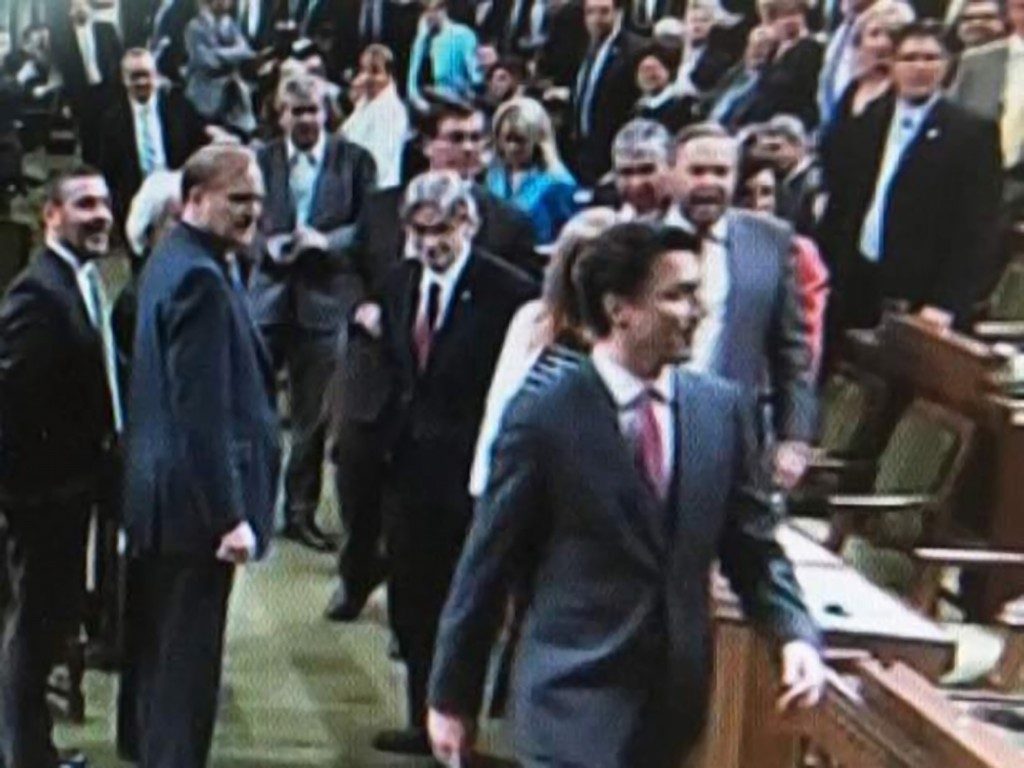
Image via www.itv.com
I love sleeping. Bed, cat, pillows, blankets that go on for days—no need to ask me twice. However, as with most things in life, what we want, what we need, and what we get are three very different things.
My Sunday to Tuesday stretch is usually the toughest part of the week. Edits and emails take up most of my day before culminating in a glorious descent to whatever flat surface first appeals to me when I drag myself through the door at two in the morning. And then I’m generally up again by 5:00 a.m. for an early shift at the beloved other job serving coffee to patrons equally as surly as myself.
The wearied act of shuffling through the entrance to bleary-eyed co-workers tires quickly. And you’d think, so would the ceaseless questions of, “You got how much sleep?” and, “How are you even on your feet?” and a few comments along the lines of, “I don’t know how you do it,” but they don’t. Fact is, in a weird way, I had always taken them with a severely misguided sense of pride. It’s like the marathoner pushing hard for the finish as bewildered spectators marvel at the sheer determination on display.
But day-to-day life isn’t a race. It’s no marathon. At least it’s not supposed to be.
I know for a fact that the egotistical bags under my eyes are not unique to my situation. Many share in this disturbing desire to deprive oneself of necessary rest; many take the surprise, shock, and sometimes horror of those around them to be pats on the back or even silent admiration.
This mentality needs to stop.
Glorifying unhealthy lifestyles is a completely backward way to go about things. This is supposed to be the 21st century—an age of realizing what’s best for our bodies and not encouraging destructive behaviour. An easy parallel would be a model suffering from bulimia. How amazing, how remarkable, that someone can eat whatever they want and then suffer none of the fattening consequences. Truly a life that has it all. Kudos.
These words sound insane. An archaic thought process more likely to be shamed nowadays than praised. Sleep is no different.
According to the National Sleep Foundation, adults between the ages of 18 and 64 require between 7 and 9 hours of sleep every night. Not every other night. Not split between two. Every night.
How unhealthy is it? Sleep deprivation leaves one at risk of heart disease, heart attacks, heart failure, irregular heartbeats, high blood pressure, strokes, and diabetes, to touch on a few. You’re also not as sharp mentally, can see a reduced sex drive, and gain weight in the process. At some point, that imaginary badge superimposed on your chest becomes very trivial indeed.
So don’t let the sandman be a mythical creature in your life. And don’t allow yourself to be “impressed” by those who fail to get their required rest. You need sleep to be the best person you can be, and in order to be healthy, you need to think healthy.
Danke danke,
Eric Wilkins


























